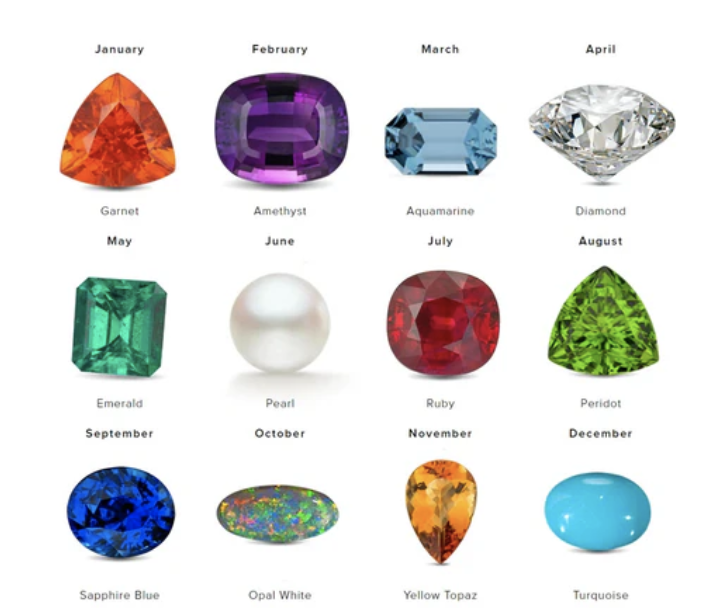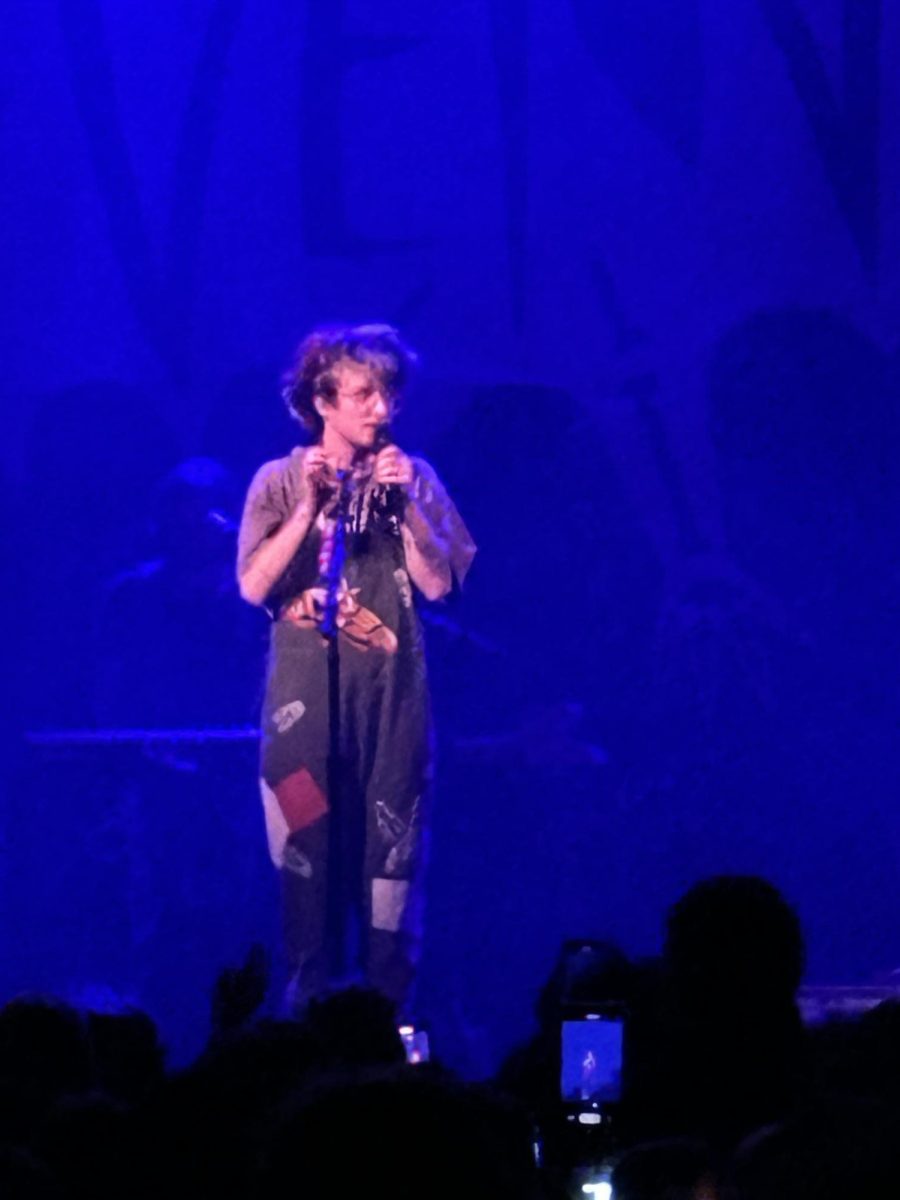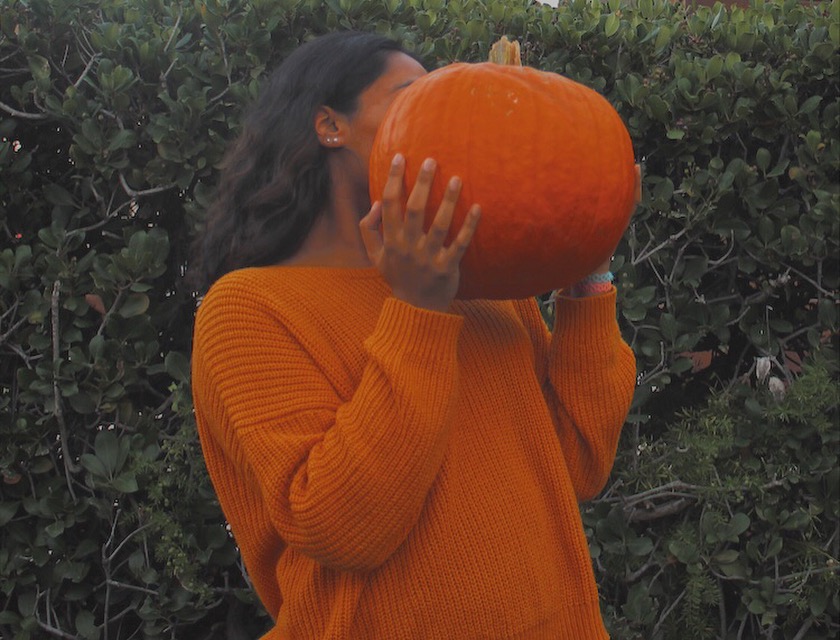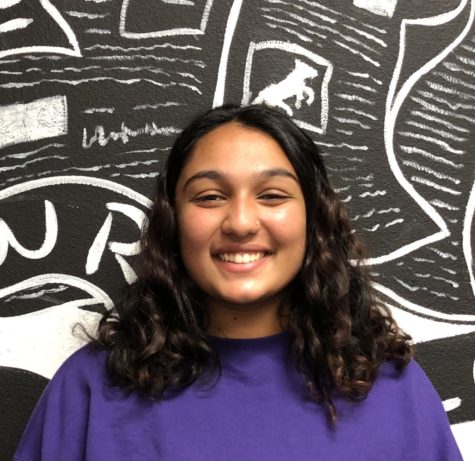Halloween is Not Traditional Anymore
Halloween color themed photo of Karina Shah with a pumpkin.
November 13, 2019
Scary movies, the smell of candy, carving pumpkins… all things that correlate to Halloween. The tradition of Halloween originated with an ancient Celtic festival, when people would light bonfires and wear costumes to ward off ghosts. In the eighth century, Pope Gregory III designated November 1 as a time to honor all saints. Soon, All Saints Day incorporated some of the traditions of Samhain, a holiday that was The evening before was known as All Hallows Eve, and later Halloween (History.com)
Over time, Halloween evolved into a day of activities such as trick-or-treating, carving jack-o-lanterns, festive gatherings, wearing costumes and eating treats. It is known to be a “spooky” and “frightful” day that is celebrated through frights and scary costumes.
Though, the meaning of the holiday has changed drastically. Now, more than ever, Halloween has become more of a social media trend then a scary holiday.
Costumes are no longer commonly a killer, monster, or other things that would be considered scary or appropriate for the season. They have changed to costumes of singer, cute animals, or things as simple as being the opposite gender. And costumes have been often sexualized in contrast to the traditional childlike manner.
Another example of this is the loss in common culture of kids saying the phrase, “trick or treat.” Danielle Huizar (10), made the observation last year when passing out candy, “Most of the kids don’t say ‘trick or treat’ anymore, they just expect us to give them candy.’’ This is a traditional part of Halloween festivities and because of the change in modern times, it has lost its importance.
Scary films are now part of a year-round media, instead of being a special attribute to the Halloween season. The movie industry releases many horror films throughout the year that are specific to the themes of Halloween, but have been modernized by companies to make a profit no matter what time of year.
Large corporations have taken advantage of a traditional holiday and supersized it to benefit them in terms of an economic revenue. By creating things like whimsical Halloween theme parks and expanding the market for costumes and candy all year long, businesses are visibly exploiting the traditions. Creating an era where the holiday has become more manufactured instead of sticking to its traditional roots.
Halloween is a very old tradition that is celebrated every year as a reminiscing of ancient times. However, over time the holiday has been changed and used to the point that it is non-traditional.





































